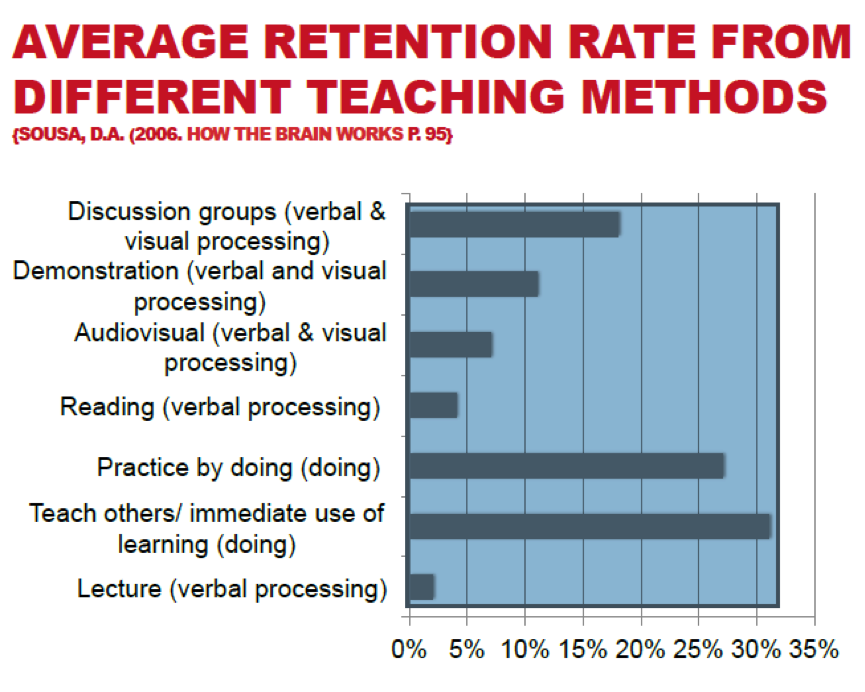Active Learning Workshop
On December 9, 2014, department of English faculty members, Dr. Luma Balaa and Ms. Amy Youssef Karame, organised a workshop on active learning strategies in coordination with the department of Humanities.
During this event, faculty from the departments of English and Humanities shared best practices on both campuses, Beirut and Byblos. Fifteen educators attended the session and discussed methods and techniques of employing active learning in their classes in teaching English, Arabic, Russian, English literature and Arabic literature.
Dr. Balaa and Ms. Yusuf defined active learning and its benefits in the classroom. Active learning involves problem based learning, inquiry based learning, learning by doing and cooperative learning. Learners must talk about what they are learning, write about what they are learning, relate what they are learning to past experiences, apply what they are learning to their daily lives and make what they are learning part of themselves (Bonwell & Eison 1991). They shared research which highlighted that the highest average retention of student learning mainly takes place when students teach the material to fellow students or “practice by doing” ( Sousa 2006, 95).

Faculty members then shared their own active learning strategies. Ms. Reine Azzi discussed her creative writing initiative on the “Danger of a Single Story”, which allows literature students to write their own versions of poems and short stories describing cultures that might not be familiar to them. Dr. Nuwar Diab presented her own emphasis on language learning strategies as a factor of active learning. She usually asks her students to peer-edit each other’s errors and provide suggestions. Ms. Mona Hani shared a task where students reinforce the skill of using details to support one’s statement, which is a challenge to many, through the use of a select number of adjectives. Ms. Yusuf talked about the double journal entry, RSQCS ( Recall, Summarize, Question, Comment, Connect) technique and how it can be applied. She also talked about how to make sure students are learning. She employs the GIFT technique ( Group Instructional Feedback) to get feedback on student learning: what works, what does not work and how it can be improved. Dr. Balaa presented other techniques such as the jigsaw puzzle which requires students to work collaboratively and teach others in the process. She further talked about the literary competition she administered with her students to motivate them to read. She also shared samples of student projects that provide evidence of student engagement and originality. These creative short stories got published in the LAU magazine.
This session was unique in that teachers came together to share their experiences of what works and does not work. Instructors are already applying active learning strategies in their classrooms, and this platform provided them with an opportunity to share their lessons learned. Participants were enthusiastic and shared their desire for more sessions of a similar nature.
The Dean of the School of Arts and Sciences, Dr. Nashat Mansour, expressed his support for these initiatives, emphasising that the “next challenge is to draw upon our improved experience to translate it into better classroom teaching and, of course, better student learning.”